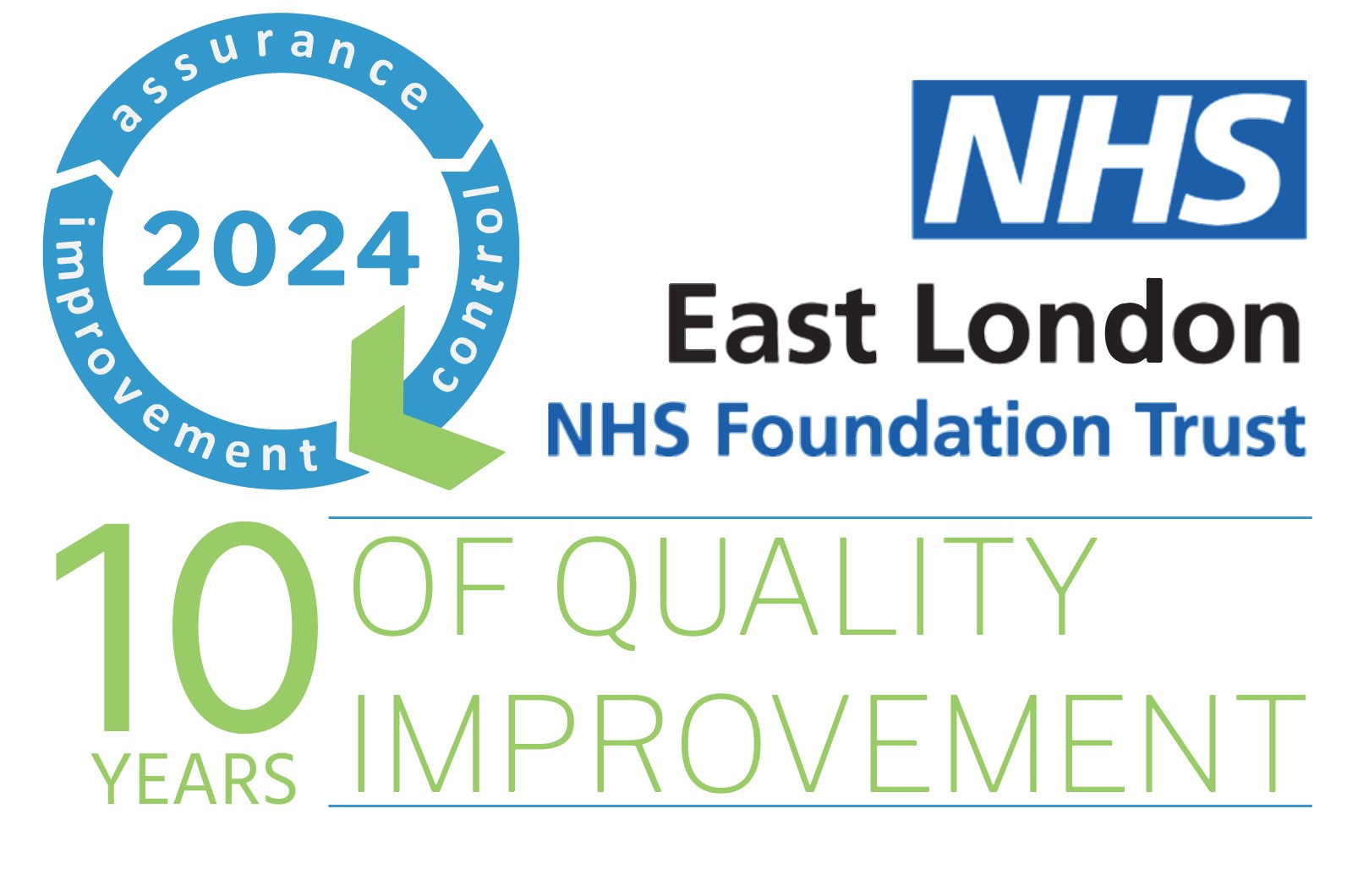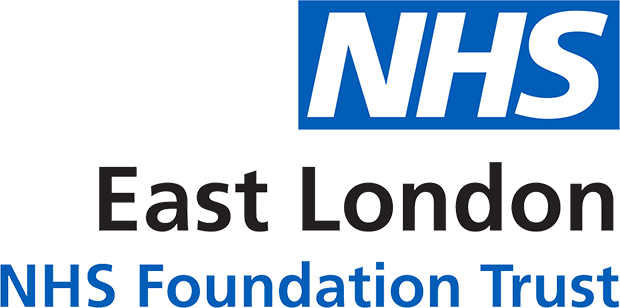Using Flow Charting to Improve Access to Community Therapies in Newham
By: Zahra Famurewa (Lead EPCT Therapist), Prabhakar Subramani (Physiotherapy Team Leader), Raguraman Padmanabhan (Clinical and Service Lead including Therapy services), and Clarissa Sørlie (Improvement Advisor)
People in Newham who are housebound, at risk of hospital admission, or who can be offered supported discharge from hospital are served by Extended Primary Care Teams (EPCT) who keep care at home where possible. Within EPCT, physiotherapy and occupational therapy services work with rehabilitation support team offering personalised rehabilitation for short term functional goals and enable people to regain their independence/ baselines as appropriate. At present, these therapies services are organised into four localities based on GP clusters.
Raguraman (Ram) Padmanabhan, Clinical Service Lead, noticed that waiting times for patients varied significantly depending on the locality they lived in Newham. He decided to start a Quality Improvement project, and said, “working together to improve access and patient outcomes will give our workforce more confidence and opportunities to share skills/knowledge and use resources effectively.” Together with Prabhakar Subramani (Physiotherapy Team Leader), Ram hosted a flow chart (also called process map) session to better understand the variation between teams and uncover factors that slow down the patient journey.
Figure 1. Ram speaking to the team about the importance of quality improvement
Flow charting is a tool for visually mapping the steps in a process. They help to understand how processes currently work and identify changes that can be made.
Around 20 staff from all four EPCT therapies teams attended the session and shared their unique insights into the process. Reflecting on the exercise, Prabhakar said, “flow charting helped the team to understand and share the challenges they experienceand think of different ways to overcome barriers. It has been a great team effort that resulted in meaningful and actionable suggestions”.
Figure 2. Prab supporting his team through the flow charting exercise
Looking ahead, Zahra Famurewa (Lead EPCT Therapist) will be using insights from this flow charting exercise as the foundation for a new quality improvement project to reduce waiting times for the Newham EPCT Therapies service. Her team will also be drawing on learning from a similar quality improvement project in the Tower Hamlets EPCT Therapies team, and learning from previous flow projects across the Trust. Zahra says, “We are really excited to be working together as one team and using flow concepts within a QI framework to reduce waiting times and improve the patient journey within the occupational therapy and physiotherapy teams”.
Figure 3. Newham EPCT Therapies team reflecting on their flow charting session







